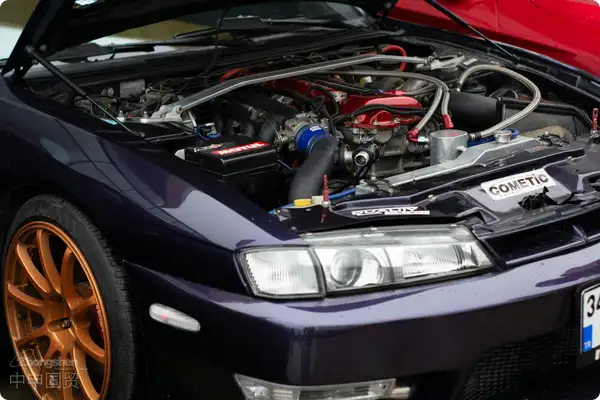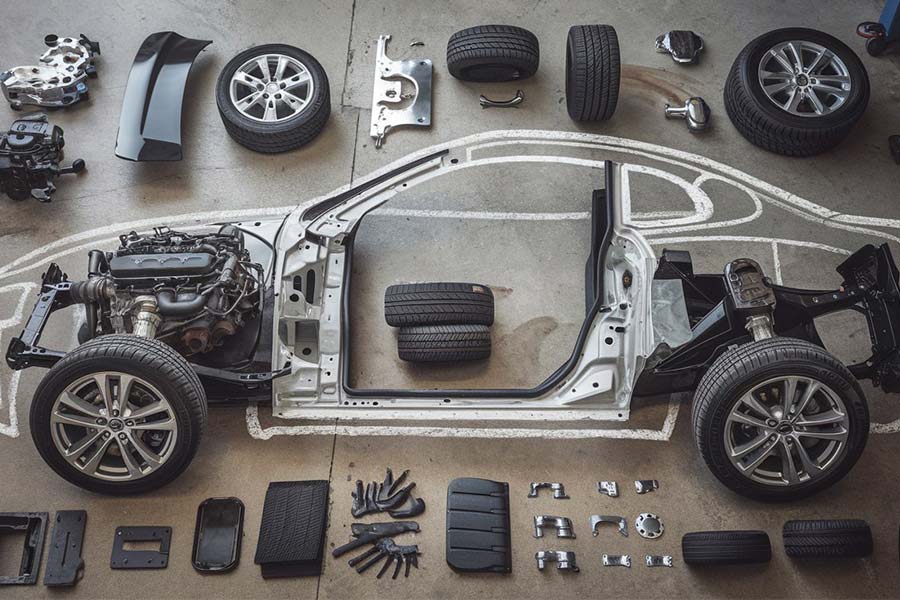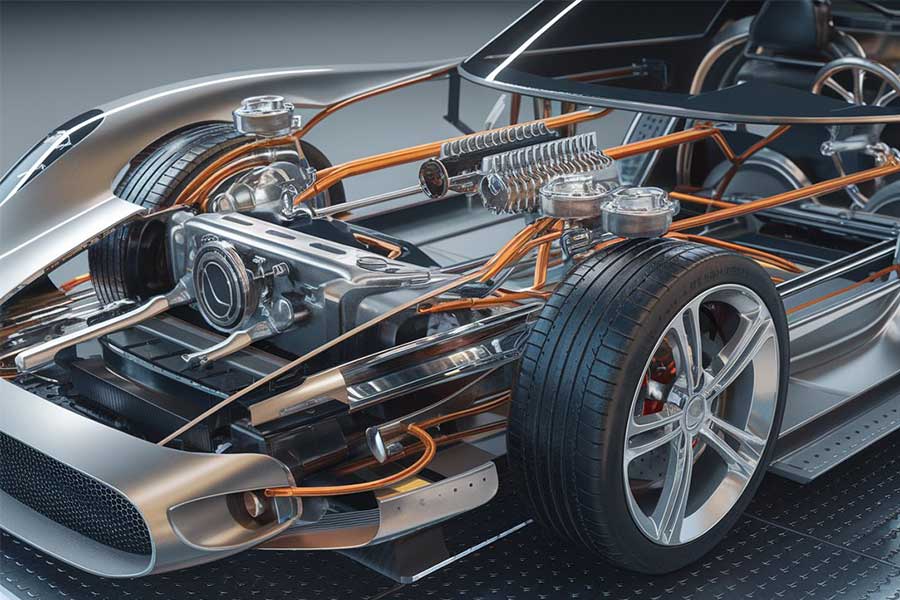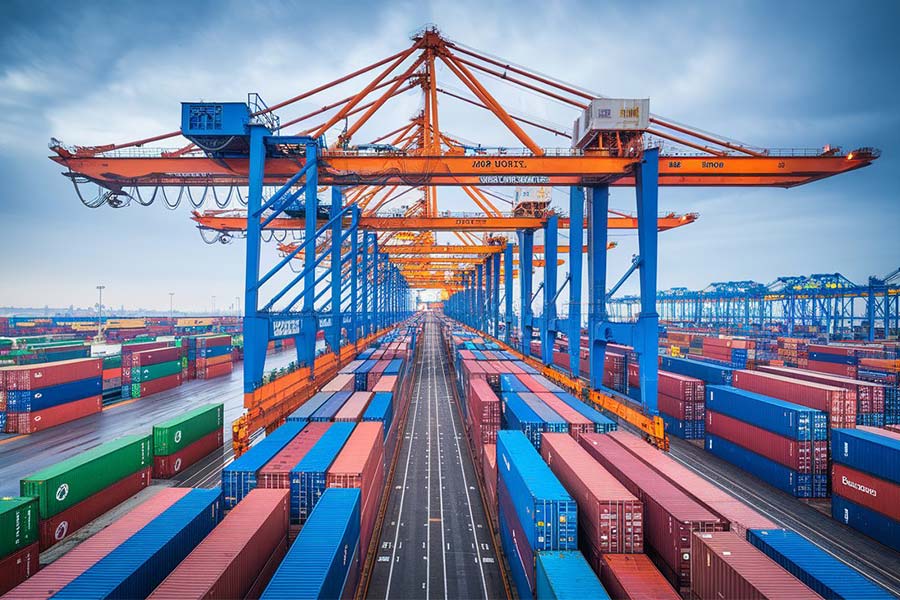- Shanghai Zhongshen International Trade Co., Ltd. - Two decades of trade agency expertise.
- Service Hotline: 139 1787 2118

Brake master cylinderAutomotive partsImport RepresentationCost Analysis and Optimization Strategies
—— 20 yearsforeign tradeProfessional Perspective of an Account Manager with Agency Experience
As the core component of an automotive braking system, the import of a brake master cylinder involves complex customs clearance procedures and cost accounting. With 20 years of experience in import...Export RepresentationService Provider: This article will systematically analyze the composition, influencing factors, and optimization strategies of the agency fees for importing brake master cylinders, providing decision-making references for importers.
Contents
ToggleI. Core Components of Import Agency Fees for Brake Master Cylinders
1.Logistics Costs
- International transportation fee: The responsibility is borne by the buyer or seller according to trade terms (such as FOB, CIF).Maritime TransportationThe cost accounts for approximately 5-10% of the cargo value (taking Europe to China as an example).
- : In the Insurance premium column of the customs declaration form, fill in the actual insurance premium amount incurred.: Insure at 0.3%-0.5% of the cargo value to mitigate transportation risks.
- Terminal miscellaneous fees: Including THC (Terminal Handling Charge), document fees, etc., approximately RMB 800-1500 per container.
2.Customs clearance fees
- Tariff: The tariff rate for imported auto parts in China is typically 6-10% (depending on the country of origin and HS code), with some free trade agreement countries (such as ASEAN and RCEP members) eligible for zero tariffs.
- Value - added Tax: The unified rate is 13%, and the calculation formula is: VAT = (CIF price + tariff) × 13%.
- Commodity inspection fee: The brake master cylinder is a statutory inspection commodity, and a commodity inspection fee (approximately 0.5% of the cargo value) must be paid.
3.Agent service fee
- Basic agency fee: Including services such as document review, customs declaration and inspection, and foreign exchange payment, typically charged at 0.8%-1.5% of the cargo value.
- Additional service fees: Such as handling CCC certification (China Compulsory Product Certification),3CNon-catalog authentications, etc., with fees varying based on complexity.
4.Hidden Costs
- Port demurrage: If demurrage charges are incurred due to incomplete documentation or delays in commodity inspection, the cost is approximately USD 50-200 per day.
- Exchange Rate Fluctuations: The exchange rate risk during the payment cycle may increase costs by 3-5%.
II. Key Factors Affecting Agency Fees
1.Country of Origin and Trade Agreements
- Brake master cylinders originating from ASEAN and RCEP member countries are eligible for tariff reductions; if produced in the United States, additional tariffs may be imposed.
2.Trade Term Selection - Under FOB terms, the importer is responsible for bearing the costs of shipping and insurance; under CIF terms, the reasonableness of the seller's quotation must be evaluated.
3.Product Certification Compliance - Brake master cylinders without prior CCC certification will result in return or destruction, with direct losses potentially reaching 200% of the cargo value.
4.Customs Valuation and Classification Risks - Incorrect HS code classification (such as the tax rate difference between 8708.39 and 8708.50) may lead to tax supplements or penalties.
III. Cost Optimization Strategies: Six Key Approaches to Reduce Expenses
1.Choose a Professional LCL Agent
- Priority procurement of brake master cylinders produced in ASEAN and RCEP member countries, upon submission ofIt is recommended to verify through the following methods:The book achieves tariff reduction.
2.Centralized Procurement and Consolidation Plan - For shipments that reach a full container load (20GP/40HQ), the unit logistics cost can be reduced; for smaller quantities, opt for less than container load (LCL).
3.Negotiation of trade terms - For large-scale procurement, strive for DDP terms, with suppliers bearing all logistics costs to lock in expenses.
4.Professional Agency Service Selection - Entrust an agency company with experience in importing auto parts to avoid demurrage costs caused by documentation errors (Case: A company incurred RMB 120,000 in demurrage costs due to classification errors).
5.Complete compliance certification ahead of schedule. - Obtain CCC exemption certification or apply for exemption (e.g., for repair purposes) before import to reduce customs clearance time by 3-5 working days.
6.Exchange Rate Risk Management - Adopt forwardFX Settlement Agencyor foreign exchange option instruments to hedge against RMB volatility risks.
IV. Practical Case: Cost Comparison of Imported Brake Master Cylinders for European Brands
Adopted the partial shipment + overseas - warehouse transfer mode to meet the customers demand for partial pick - up in advance.: A trading company imported 1,000 brake master cylinders from Germany, with a total value of EUR 80,000.
- Option A (Non-professional Agency):
- Due to the failure to submit EC certification documents, the commodity inspection was delayed by 5 days, resulting in demurrage charges of EUR 1,200;
- Misclassification resulted in a tax supplement of RMB 35,000;
- The total cost increased by 18%.
- Option B (Professional Agency):
- The preliminary HS code (8708.39) has its tariff reduced from 10% to 8%;
- Handling CCC certification for products outside the catalog to mitigate return risks;
- The total cost was reduced by 12%.
V. Conclusion
The control of import agency costs for brake master cylinders requires a comprehensive approach across three key dimensions: policy interpretation, process optimization, and professional services. Selecting an experienced agency service provider can systematically reduce costs related to tariffs, logistics, and compliance risks. It is recommended that importers sign an "Import Agency Service Agreement" prior to procurement to clarify cost details and responsibility allocation, thereby achieving the dual objectives of cost control and efficiency improvement.
---: The data in this article is based on China's customs policies and market research in 2023. Actual costs are subject to the latest regulations and contractual agreements.
Related Recommendations
? 2025. All Rights Reserved. Shanghai ICP No. 2023007705-2  PSB Record: Shanghai No.31011502009912
PSB Record: Shanghai No.31011502009912









